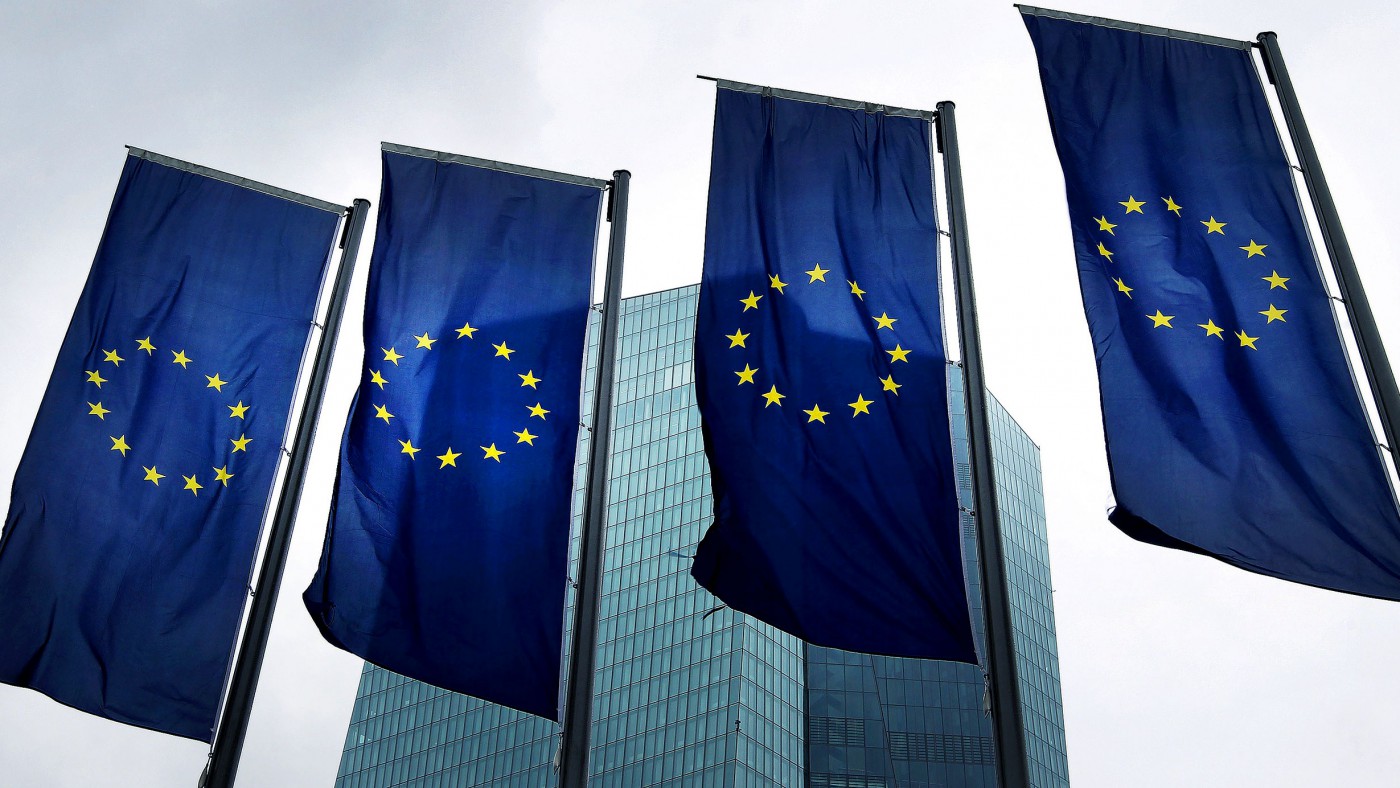The Telegraph’s headline sounded promising: “George Osborne: Britain should return to a trade relationship with the EU”. Trade was what we thought we were signing up for in the first place. If the government could negotiate its way out of the political aspects of membership, and retain only the commercial, my guess is that 80 per cent of the country would vote for its new terms.
But was the headline justified? Look at what the Chancellor of the Exchequer actually said. “For Britain, I always felt that the central attraction of European Union membership was the economic one. And that’s why it’s so important to fix the economic aspects of our relationship if we are going to convince people and convince ourselves that it is right for Britain to remain in the EU.”
No talk of pulling out of the non-economic bits, such as criminal justice, foreign affairs or environmental laws. Only of “fixing” the economic aspects of membership. Ministers have spoken on many occasions about extending the single market and protecting the role of non-euro states and yada yada, which is all fine as far as it goes, but doesn’t really change anything. You won’t find a single Eurosceptic, Left or Right, for whom the problem is an incomplete market in services or the absence of double-majority voting for euro and non-euro states. Our problem, rather, is that Britain is being dragged into an undemocratic political union.
What are ministers aiming at? If they truly want an economic, rather than a political, relationship with the EU, they will opt out of those policies that have nothing to do with the internal market in goods and services. Here are eight handy tests of whether they have delivered.
- Is Britain still in the Common Agricultural Policy?
The United Kingdom is a net food importer with efficient farms. We are penalised both positively and negatively by the CAP, paying more into it and taking less out. At the same time, the CAP causes needless suffering in developing countries by raising tariffs against their chief exports. Britain ends up paying more to wealthy French farmers than to poor African farmers.
- Is Britain still in the Common Fisheries Policy
Sixty-five per cent of the fish stocks covered by the CFP in the North Sea are in British territorial waters, but our quota is equivalent to just 25 per cent. What should be a great renewable resource has instead been plundered to the point of subsistence by the tragedy of “equal access”.
- Does Britain control its own criminal justice system?
Have we opted out of the pan-European magistracy (Eurojust) and police force (Europol)? Have we withdrawn from the European Arrest Warrant? David Cameron promised in 2009 that he would “negotiate for a return of powers is criminal justice,” including everything that had been introduced in the Lisbon treaty. For the avoidance of doubt, he specified: “That will mean limiting the European Court of Justice’s jurisdiction over criminal law to its pre-Lisbon level, and ensuring that only British authorities can initiate criminal investigations in Britain.”
- Does Britain control its foreign policy?
It’s hard to see what how participating in the EU’s Common Foreign and Security Policy is compatible with a trade-only relationship. Opting out will mean withdrawing from the European External Action Service and overseas embassies as well as the various bodies that deal with defence procurement and the like.
- Does Britain control its borders?
There is a case for allowing EU nationals to work in Britain: free movement of labour was in the original treaties. This does not imply any entitlement to citizenship rights, welfare claims or voting rights.
- Are we still Citizens of the European Union?
Losing the European citizenship introduced by Maastricht in 1993 would mean that any rights to reciprocal benefits, healthcare or political representation would be agreed bilaterally (the UK had negotiated such deals with several states, both within and beyond the EEC, long before Maastricht). It would also mean losing the attributes and symbols of EU nationality: the passport, driving licence and so on.
- Do we set our own environmental standards?
This is a tricky one, since the European Commission has a tendency to introduce eco-rules, not as environmental regulation, but as single market legislation. The farcical carbon emissions regime, for example, was brought in under this heading. Still, it ought to be possible to distinguish between economy and ecology.
- Do we set our own employment law?
Precisely the same difficulty arises as in 7. When Britain opted out of the Social Chapter at Maastricht, and so out of the 48-hour week, the EU promptly reintroduced the proposal as a “health and safety” measure and forced it on the Major government. Again, though, it ought to be possible to define the difference.
It’s worth stressing that all these goals are fully compatible with free trade. Switzerland is part of the single market in goods and most services without participating in any of these fields.
I ought perhaps to add that they are not my priorities. As I’ve explained before on CapX, my big issues are autonomy in trade and parliamentary supremacy. But they are clear tests of whether the government is genuinely aiming at an economic, rather than a political, relationship with the EU. We’ll know soon enough.


